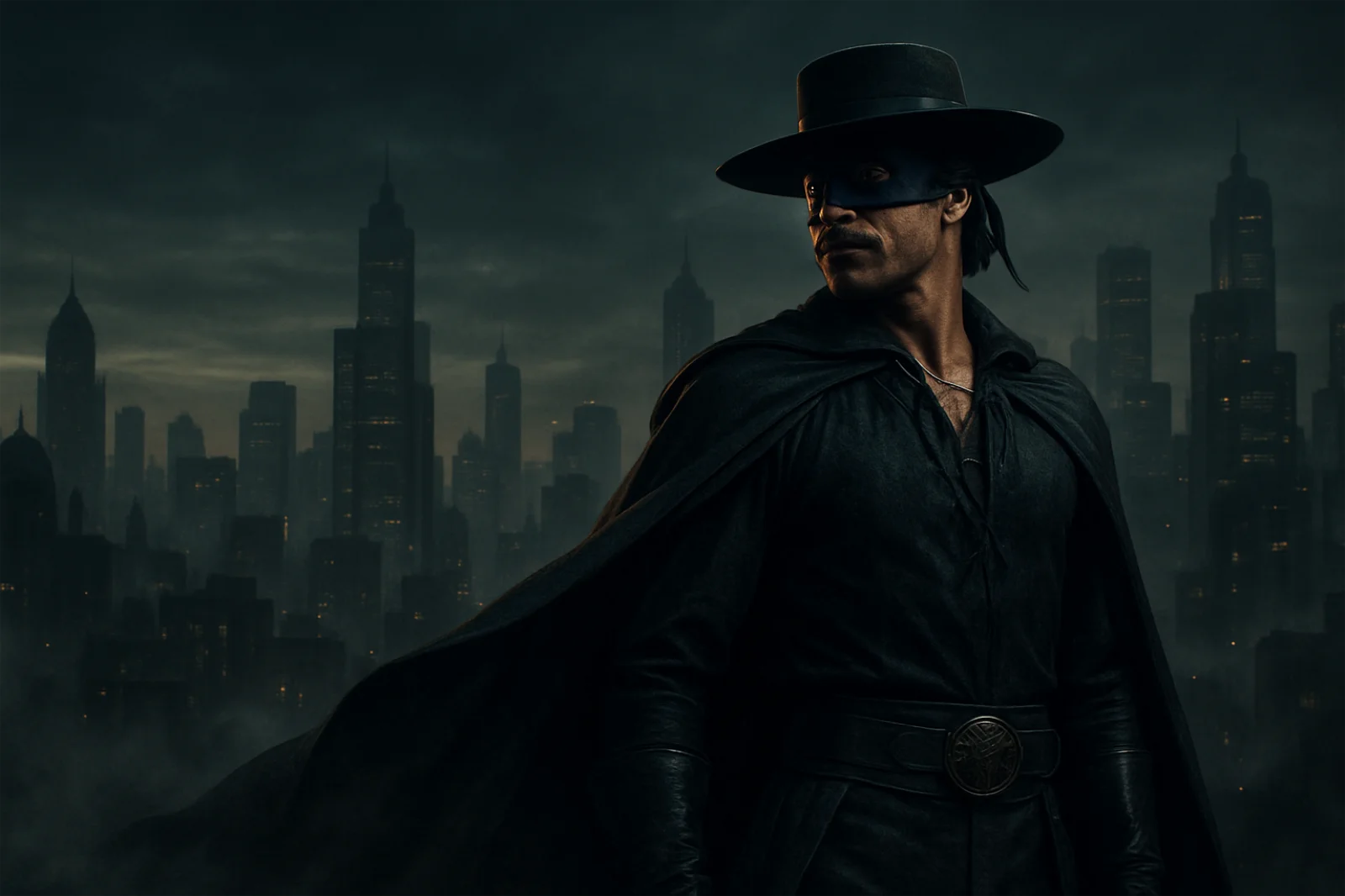Founder as Hero: A Dangerous Myth
Every startup community has its legends. The lone founder who willed an idea into existence, hustled endlessly, and turned it into a billion-dollar enterprise. These stories are retold in podcasts, biographies, and pitch decks as if founders were mythic heroes. But this “savior-founder” narrative is more dangerous than inspiring. It misleads teams, confuses investors, and often burns out the very founders it seeks to glorify.
Origins of the Founder-as-Hero Myth
The Startup world loves storytelling. It frames startups like epic quests, with founders cast as heroic figures. Steve Jobs in a garage. Elon Musk coding in rented offices. Jeff Bezos leaving a steady Wall Street job to chase e-commerce. The hero’s journey is familiar, digestible, and compelling.
The hero story is a simplification of a much more complex system.
But reality rarely mirrors myth. Behind every successful founder, there are markets that were ready, investors who bet early, timing that aligned, and sheer luck that amplified their efforts.
Why the Narrative Misleads Teams
When a company’s story revolves around a heroic founder, employees often feel like supporting characters instead of co-builders. Startups thrive on distributed ownership, where engineering, design, operations, and sales each play critical roles. Elevating one person as the savior diminishes the contributions of many and risks demoralizing talent.
Research on organizational psychology shows that “charismatic leadership” can inspire in the short term but may hinder long-term team resilience when success seems tied to one individual rather than collective execution.
Why Investors Get Confused
Investors are not immune to the narrative. Venture capital has a history of betting on “Founder DNA”, the visionary traits that supposedly predict outlier success. However, as Bill Gross famously demonstrated in his analysis of over 200 startups, timing was the single most significant driver of success, even surpassing founder quality, idea, or funding.
“In the beginner’s mind there are many possibilities, but in the expert’s there are few.” – Shunryu Suzuki
Betting too heavily on a heroic founder blinds investors to the ecosystem around them: customer demand, regulatory shifts, competitor dynamics, and macroeconomic trends.
Why Founders Themselves Suffer
The most damaging effect is on the founders themselves. The pressure to live up to the myth can push them into unsustainable work habits, poor mental health, and even destructive decision-making.
Consider Adam Neumann at WeWork. Initially cast as a visionary leader, his cult-like persona became inextricably linked to the company’s narrative. When the IPO unraveled, so did the myth. Or Elizabeth Holmes at Theranos, who embodied the savior archetype until reality intruded.
These examples are extreme, but they highlight how the myth can trap founders into believing they alone must embody the company’s destiny.
Markets, Luck, and Timing Matter More
The inconvenient truth is that markets, timing, and luck often matter more than brilliance or persistence.
“Chance favors the prepared mind.” — Louis Pasteur
- Google was not the first search engine, but it emerged when broadband and web adoption made relevance ranking essential.
- Facebook did not invent social networking, but it landed at the right cultural moment when college campuses needed closed, trusted networks.
- Airbnb barely survived its early years, but the 2008 financial crisis suddenly made extra income and cheaper travel appealing.
These stories show founders mattered, but they mattered within contexts larger than themselves.

Toward a Better Narrative
A more useful narrative for founders, teams, and investors is one of systems, not saviors. Startups succeed when leadership is distributed, when teams are empowered, and when timing and markets are respected as uncontrollable forces.
Of course, Founders are essential but not heroes in the mythic sense. They are system builders, orchestrators, and stewards of timing. Recognizing this reduces pressure, clarifies investor judgment, and keeps teams focused on execution over worship.
The Founder-as-Hero myth makes for good storytelling, but it’s a poor strategy. By overstating individual brilliance and downplaying markets, luck, and timing, it misleads everyone involved.
The real work of founding is less about heroics and more about designing resilient systems, aligning with market forces, and accepting uncertainty. That is harder to romanticize, but far more helpful to remember.